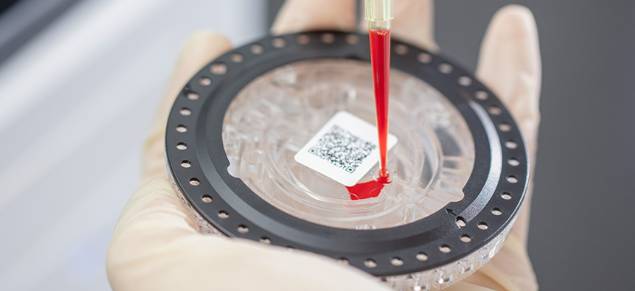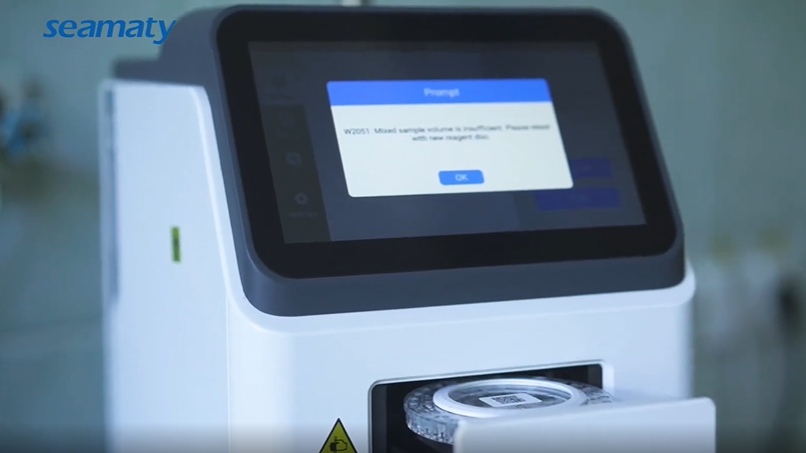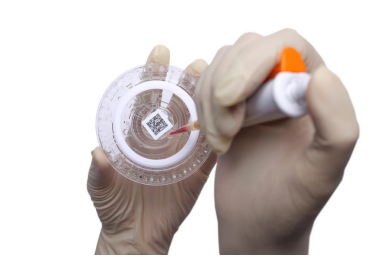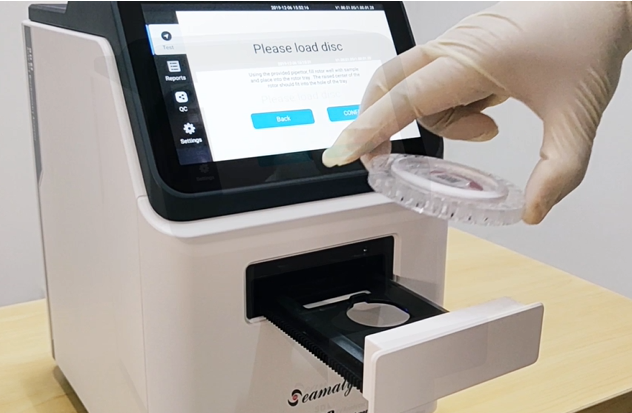Pancreatic cancer is one of the most malignant tumors with an increasing incidence and a very high mortality rate. Although the diagnostic and treatment techniques for pancreatic cancer are constantly developing, the 5-year survival rate of patients is still less than 5%. The reason for this is the difficulty in early diagnosis of pancreatic cancer is an important factor.
The results of pancreatic-related biochemical tests on a single test sheet can help patients to detect early hidden diseases and deal with them in time.

What pancreatic-related biochemical test results should be paid attention to?
1. Alkaline phosphatase (ALP), alanine aminotransferase (ALT) and glutamyl transpeptidase (GGT)
Alkaline phosphatase (ALP), alanine aminotransferase (ALT) and glutamyl transpeptidase (GGT): may be elevated. When jaundice is present, alkaline phosphatase and glutamyl transpeptidase are significantly elevated, and glutamyl aminotransferase is mildly elevated.
Alkaline phosphatase is excreted into the small intestine via bile. When bile excretion is poor and capillary intraciliary pressure is elevated, increased production of alkaline phosphatase can be induced, thus alkaline phosphatase is also an enzymatic indicator of biliary stasis.
Glutamyl transpeptidase is mainly derived from the hepatobiliary system, therefore, increased synthesis of glutamyl transpeptidase in the liver or obstruction of bile excretion due to biliary system lesions can cause elevation of serum glutamyl transpeptidase.
In addition, obstructive jaundice should be highly suspected when glutamyl transaminase is mildly elevated in the presence of intra- and extrahepatic biliary stasis, and jaundice is very pronounced while glutamyl transaminase is <4 U/L, i.e., when bile (jaundice is elevated) enzymes (aminotransferase is not elevated) are separated.
2. Amylase (AMY) and pancreatic amylase (P-AMY)
Amylase and pancreatic amylase may be elevated in the presence of pancreatic duct obstruction due to pancreatic cancer, pancreatic cysts and other diseases. The measurement of total blood and urine amylase activity has a long history of use in the diagnosis of diseases such as acute pancreatitis and other inflammatory diseases. However, the specificity of this indicator is poor because of the wide range of amylase tissue sources. Currently, it is considered that the measurement of pancreatic amylase activity and its proportion to the total amylase activity is a reliable indicator for the diagnosis of pancreatic cancer, pancreatic cysts and other diseases.
3. serum total bilirubin (TBIL) and direct bilirubin (DBID)
One of the signs of pancreatic cancer patients - is jaundice. Especially, patients with pancreatic head cancer develop jaundice at an early stage. In pancreatic head cancer with jaundice, total bilirubin (including direct bilirubin and indirect bilirubin) is elevated and direct bilirubin is predominant, which is characteristic of obstructive jaundice.
4. Lipase (LPS)
Lipase in human body mainly comes from the pancreas. Lesions in the pancreas are put into the bloodstream and can lead to an increase in serum lipase levels.
What should I pay attention to before biochemical testing?
First, strenuous exercise is contraindicated the day before blood collection. Studies have shown that the persistent effects of exercise can lead to changes in some muscle-related enzymes, such as creatine kinase and lactate dehydrogenase. Therefore, please keep a quiet and calm state before blood collection.
Secondly, there are some dietary considerations.
1. Fasting
Fasting is required for liver function tests, lipid tests and fasting glucose tests. Liver function tests should be fasted for 8-12 hours, and lipid tests should be fasted for 12-14 hours, so you should not eat (including snacks) after dinner the day before the blood test, but drink a little water. At this point, some people may wonder, "Will taking blood pressure medication in the morning have any effect? Please don't worry, these drugs have very little effect on the blood specimen and can be taken with plain water.
2. Food
Try to eat less or no high-fat food for three days before the checkup. The consumption of high-fat foods (such as animal offal, fatty meat, animal fat, etc.) will cause the illusion of elevated blood lipids; the consumption of high-protein foods (such as milk, eggs, fish, soybeans, dried fruits, etc.) will increase urea nitrogen and blood ammonia; and the consumption of foods rich in carotene and lutein (such as egg yolk, dark vegetables, etc.) will affect the values of total bilirubin and indirect bilirubin.
3. Drinking alcohol
It is best not to drink alcohol within a week before the physical examination. Drinking alcohol affects the metabolism of the liver for a short period of time and raises the alkaline phosphatase value. Both HDL and glutamyl transpeptidase will be high in chronic alcohol drinkers.



